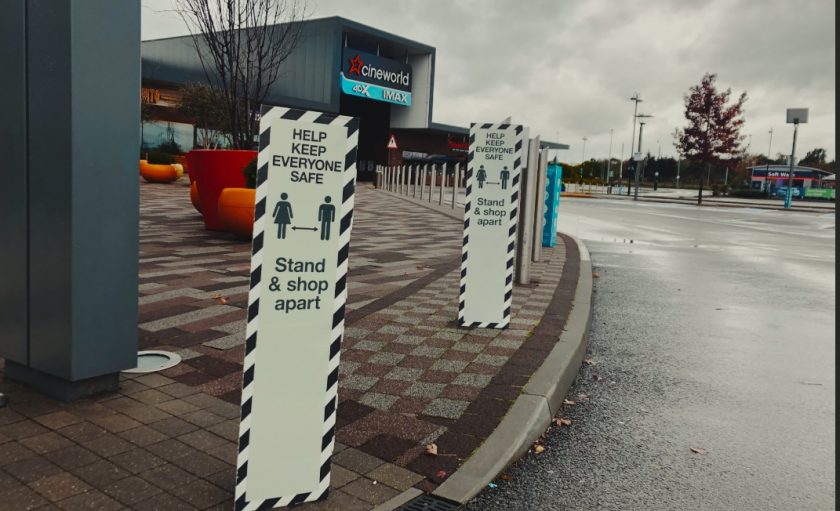January saw steepest decline in business activity across the Welsh private sector since May 2020

January saw steepest decline in business activity across the Welsh private sector since May 2020 driven by the alert level 4 national lockdown.
The headline NatWest Wales Business Activity Index – a seasonally adjusted index that measures the month-on-month change in the combined output of the region’s manufacturing and service sectors – registered 40.8 in January, down from 49.9 in December.
The latest data signalled the steepest decline in business activity across the Welsh private sector since May 2020.
The contraction was overwhelmingly linked to reimposed national lockdown measures and resulting weak client demand.
In contrast to the solid expansion recorded in December, Welsh firms signalled a marked contraction in new orders at the start of 2021.
Companies commonly stated that lower new sales were due to the impact of Brexit on client demand and tighter lockdown measures.
The pace of decrease was the fastest since May 2020 and was among the sharpest of the 12 monitored UK areas, behind only Scotland, Northern Ireland and the North West.

Welsh private sector firms signalled a further robust degree of confidence regarding the outlook for output over the coming year in January.
Although the level of optimism dipped slightly from that seen in December, it was higher that the long-run series trend.
Positive sentiment reportedly stemmed from hopes of a successful vaccine roll-out and a pick-up in client demand once restrictions ease.
January data indicated a sharp decline in employment across the Welsh private sector.
The rate of decrease quickened to the fastest for three months and was the steepest of the 12 monitored UK areas.
Alongside lower new order inflows, firms stated that the reduction in workforce numbers was due to efforts to cut costs.
Welsh private sector firms registered a third successive monthly decrease in backlogs of work at the start of 2021.
The fall in the level of outstanding business was commonly attributed to sufficient capacity to process new orders, and reduced client demand.
The pace of decline eased, however, to the slowest in the aforementioned sequence of contraction, as some companies noted longer lead times for key components and inputs.
Average cost burdens rose markedly in January, with the rate of inflation accelerating to the fastest since June 2018.
The increase in input prices was often linked to higher raw material and shipping costs, with some also mentioning additional surcharges in transportation following Brexit.
The pace of cost inflation was much quicker than both the long-run series and UK averages.
January data signalled only a fractional rise in output charges at Welsh private sector firms.
The rate of increase was the slowest in the current eight-month sequence of inflation and the softest of the 11 monitored UK areas where a rise in charges was recorded (only London signalled a decrease in selling prices).
Although a number of firms noted that higher cost burdens were partially passed through to clients, other stated that price rises were limited due to efforts to drive new sales.
Kevin Morgan, NatWest Wales Regional Board, said: “Welsh private sector firms once again felt the impact of the national lockdown, as reports of businesses temporarily closing hit client demand.”
“Renewed contractions in output and new orders were registered, as concerns regarding short-term economic conditions led companies to cut workforce numbers at a sharper rate.”
“Of further concern was a significant rise in input prices, as the rate of cost inflation accelerated to the fastest since June 2018. Greater raw material, input and transportation costs were widely linked to the increase.”
“Weak demand conditions held firms back from passing these costs on to their clients, as selling price rises were limited in an effort to drive sales.”
”Nevertheless, Welsh companies remain robustly optimistic that output will rise over the coming year. Confidence was largely based on a successful vaccine roll-out and hopes of a boost to client demand once restrictions are eased.”
Spotted something? Got a story? Email: [email protected]
Latest News
